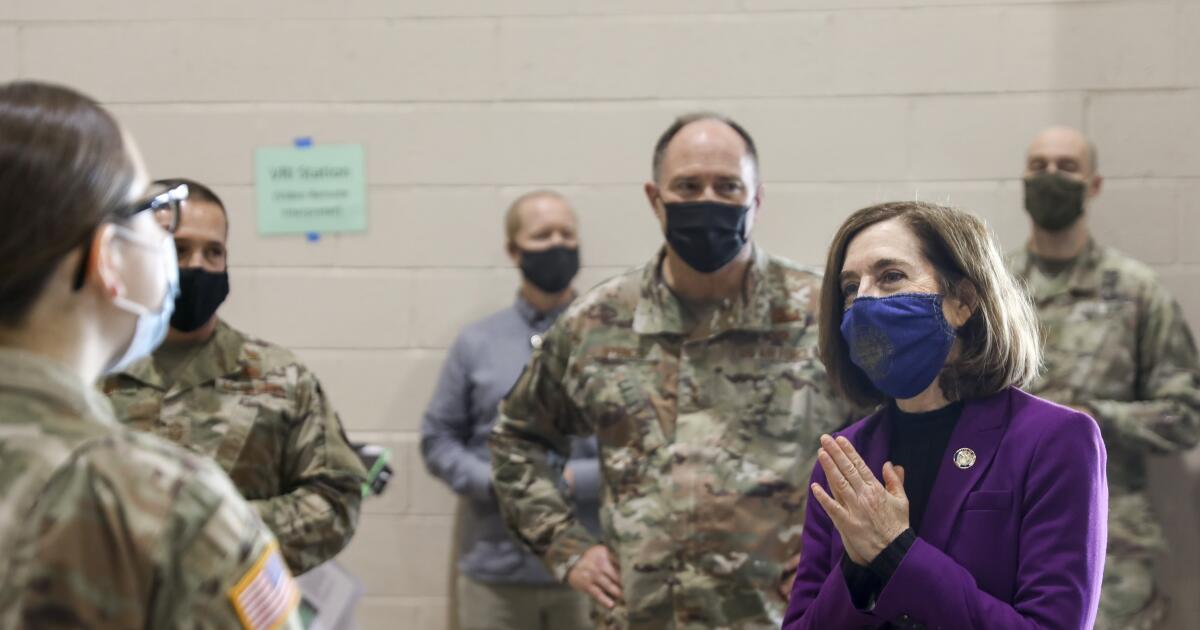AlanSubie4Life
Efficiency Obsessed Member
Nice summary of P.1, which has some immune escape and some increased transmissibility.
Good to think about this as things move forward, where I'd expect states where there are currently generally downward trends in cases (due to higher levels of natural immunity) to see increases in this variant because it does bypass some of those natural protections (like California, for example). Going back to the Oregon example - P.1, if it were to become established, would tend to make California look a bit more like Oregon, where higher levels of vaccination would be needed to control the outbreak. Especially given that the populations least likely to be vaccinated are more likely to have been previously infected, likely being the least careful, and likely the most vulnerable to future infection.
Just need to keep vaccinating (and keep getting infected, though that is not preferred of course). No reason we can't get to a decent level of herd immunity (never mind what the NY Times might say, lol).
Last edited:



